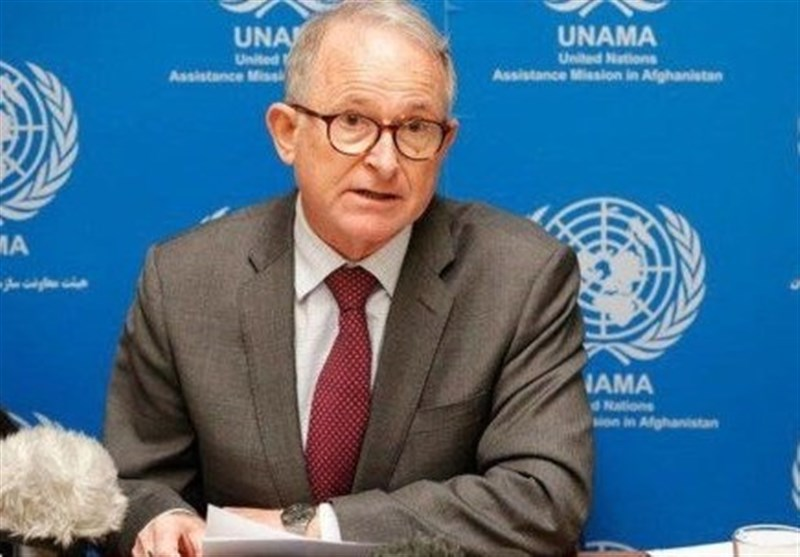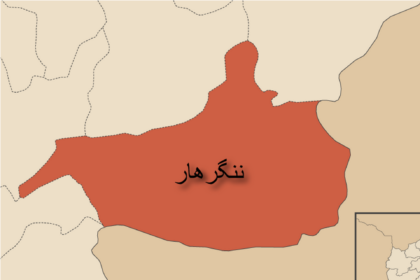RASC News Agency: As the Taliban regime continues to suffocate the lives of Afghanistan’s women under the weight of its brutal and deeply regressive policies, the international community is preparing to amplify the voices of the victims through an extraordinary legal initiative. A symbolic court, titled the People’s Tribunal on the Rights of Afghanistani Women, is scheduled to convene from October 7 to 9 in Madrid, Spain. The tribunal, though not legally binding, carries immense moral and political weight. It seeks to shed light on the Taliban’s ongoing gender persecution and serve as a platform for documenting what human rights experts increasingly recognize as crimes against humanity.
Richard Bennett, the United Nations Special Rapporteur on the situation of human rights in Afghanistan, welcomed the tribunal through a post on social media platform X, calling it “a significant step toward holding the Taliban accountable.” He underscored the critical importance of hearing firsthand testimonies from survivors of Taliban repression not merely for historical documentation but as a foundational element in any future international legal proceedings. The event is being organized in collaboration with the Permanent Peoples’ Tribunal and several Afghanistan-based civil society organizations. A panel of prominent international judges and prosecutors will oversee the proceedings, adding legitimacy and scrutiny to the testimonies and evidence being presented. The three-day session will collect and verify testimonies and legal documentation that detail the Taliban’s institutionalized assault on women’s rights since their takeover of Kabul in August 2021.
Under Taliban rule, women and girls have been systematically erased from public life. Secondary and higher education has been banned for females, employment for women in most sectors has been outlawed, and sweeping social restrictions have effectively confined women to their homes. Numerous credible reports detail arbitrary arrests, forced disappearances, and torture of women who dared to protest or demand their basic rights acts that international legal scholars and UN agencies argue meet the threshold for gender-based crimes under international criminal law. The Taliban’s response to Richard Bennett’s continued scrutiny has been characteristically authoritarian. The group has officially banned his entry into Afghanistan, an action that not only reflects its disdain for international oversight but further isolates the country from the global community. Despite being barred from the country, Bennett’s reports have become a cornerstone of the UN Human Rights Council’s formal condemnations. Member states have repeatedly emphasized that the Taliban’s policies especially those targeting women and girls not only violate international law but also risk plunging Afghanistan deeper into diplomatic and economic isolation.
Organizers of the Madrid tribunal hope this symbolic legal action will do more than bear witness. Their goal is to awaken global conscience and lay the groundwork for formal legal cases that could one day bring Taliban leaders to account before an international criminal tribunal. As Afghanistan’s women are silenced at home, this court seeks to ensure that their voices echo across the world with the hope that justice, however delayed, is still within reach.






